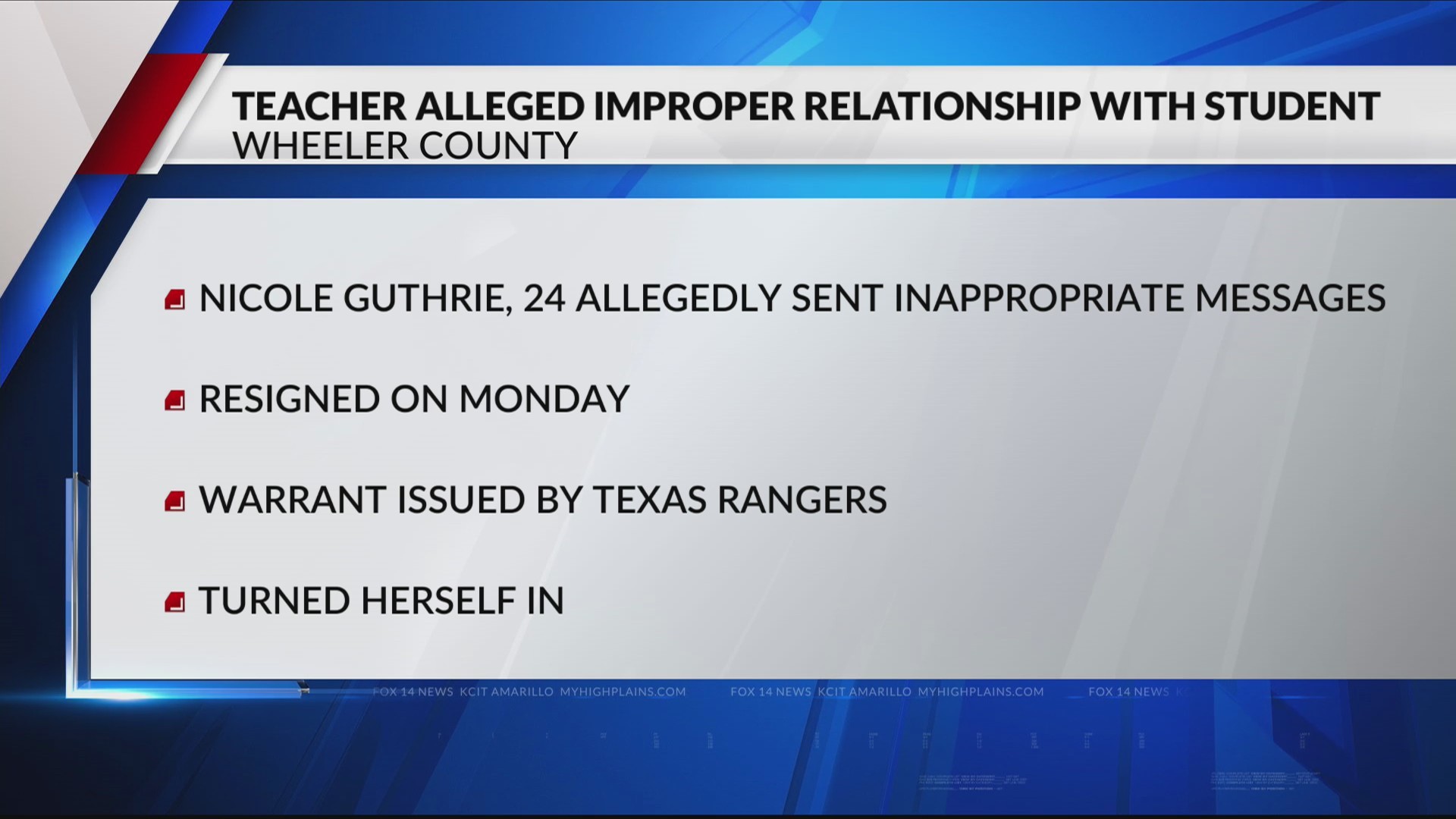
The use of technology in the classroom is a blessing, and a curse, as most people in the education community recognize. Navigating the classroom climate becomes increasingly more difficult as our generation continues to develop new resources, and our opinions on what is considered to be “appropriate” continues to evolve.
When it comes to technology use in the classroom there are general ideas which most educators recognize are good practices to be followed by all. An article, titled NJ School Boards Association Issues Model Social Networking Policy, highlights some of these generally approved ideas as: not friending your students on social media, all e-contact going through district computers and telephone systems, and prohibiting teachers from posting about their students.
The general idea which most boards of education are trying to get across to teachers, and students, is that an online classroom is still a classroom. Therefore, the same behavior which is acceptable in an in person classroom is expected to be maintained in a virtual setting.
However, as with most things in life, not everyone follows the rules to the same extent, and not everyone shares the same views on what is considered “appropriate”. It is this grey area, where teachers attempt to use their discretion in social media use, that ends up getting them into trouble.
…sometimes they just generally don’t believe that what they were doing with social media, or technology, and their students was an inappropriate use of the resource.
An example, where a teacher generally believed their behavior was not reason to be fired, would be Mary Durstein. Durstein was fired from her school district following a series of tweets where she ridiculed blacks, Muslims, and former President, Barack Obama. She sued under the premise that her First Amendment rights were violated, and that her use of speech online was an a fireable offense.
Similarly to the first example, there are instances that make you wonder why the teacher ever posted in the first place.
In this regard, we can all agree that explicit posts about students are not a proper use of social media. An article outlines how a Chicago teacher used explicit language, in a social media post, referencing her fifth-grade students and subsequently found herself on leave because of it.
Sadly, there are far too many instances, that can be found online, where a teacher’s behavior online has gotten them into trouble with their school districts.
A final example of a teacher’s inappropriate behavior is highlighted in this article where a middle-school teacher was put on leave, and subsequently fired. The teacher, Lauren Miranda, was put on leave after a seminude photo of her was obtained by a student without her consent. Miranda maintained that the photo had only ever been sent to a colleague she had dated.
This final example poses some questions for thought: while there are general expectations of how teachers should act with students, and towards them, is there also a general expectation of how they should act within their own personal relationships? Should a teacher who has their Instagram on private not post a photo of themselves at an event where they are legally holding a beer can?